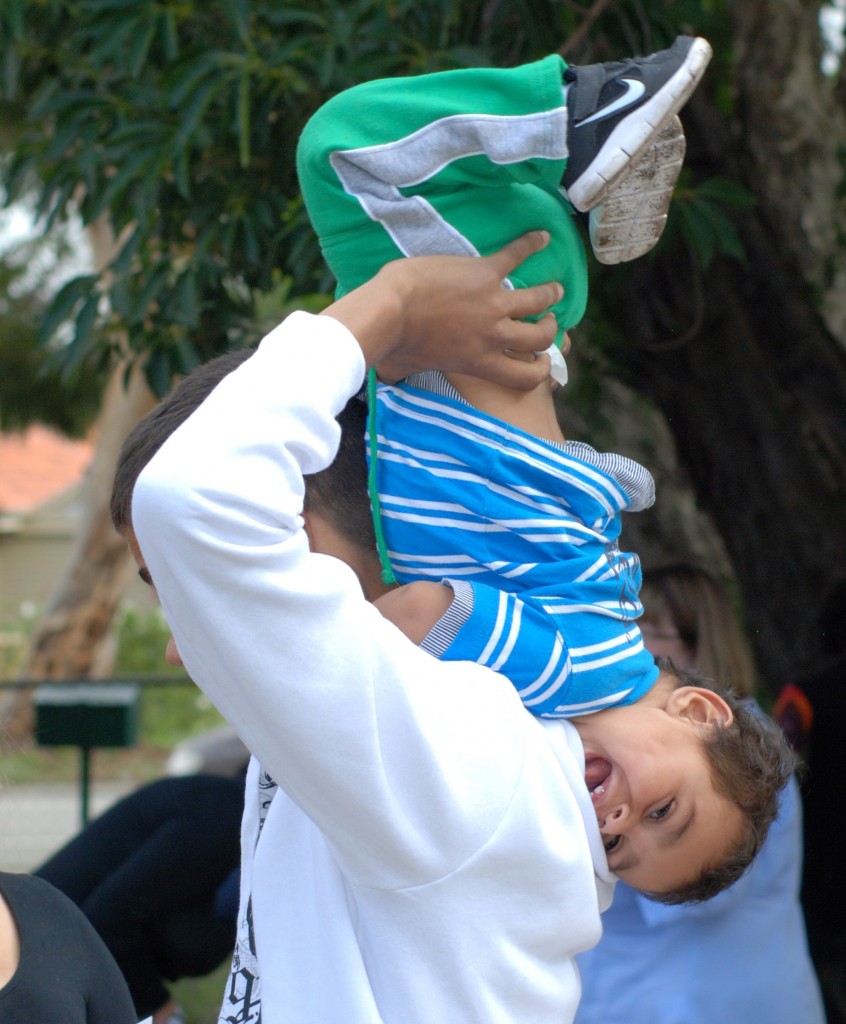 If you are reading these few words you are most likely interested in play. You have probably looked at some of the play resources on our website and you might already know how important play is to healthy child development.
If you are reading these few words you are most likely interested in play. You have probably looked at some of the play resources on our website and you might already know how important play is to healthy child development.
Most research actually suggests that parents understand that play is important. Then again knowing what is healthy is not the same as doing healthy things and there is a long list of things that we keep doing which we know are definitely not good for us – think drinking, smoking, take away food, spending too much money etc. Sadly, we all know, there is often a big gap between what we know and what we do.
When it comes to play, lack of time seems to be the biggest enemy. Many of us are busy working or cleaning or cooking or trying to be fit and healthy. We have a whole range of commitments we have to keep. What would happen if we tried treating play the same way we treated a new diet or fitness plan? In the same way we would figure out how much and how often we currently eat and exercise, we could try and pay attention to how often and how our children play.
We set targets about what food we eat and whether we’ll go the gym or go jogging. We can do the same for play.
We can set aside some time every day and keep a diary to see what happens. We can have a look at whether our children are having a balanced diet of play the same way we can do for food. In short, we can try and be as aware of play as we are when following any other healthy routine.
It might seem strange that some concentrated thinking and planning might be the answer to more play. Play is just fun after all. It’s not supposed to be an effort, is it? Well let’s be clear about this, the science tells us your child’s diet of play and your play relationship with your child are two of the most powerful influences on your child’s long-term health and happiness. We are talking about the foundations of language, mental health, creativity, problem solving, mathematics and relationships with other people. So yes, play is fun but fun with very serious consequences.
So maybe it’s time to apply all those organising and planning skills we use in so many areas of our lives and apply them to what our children need now, a balanced diet of play.
David Zarb is CEO of Playgroup WA, a dedicated father of two young children and a strong advocate for play and community playgroups.